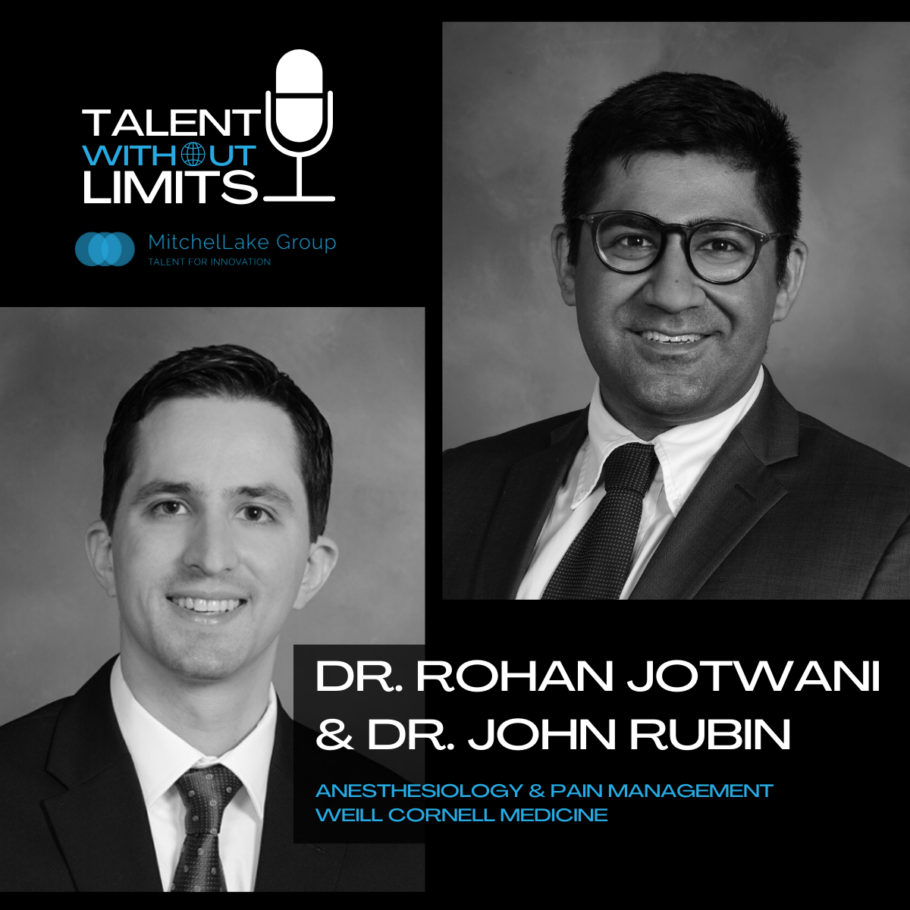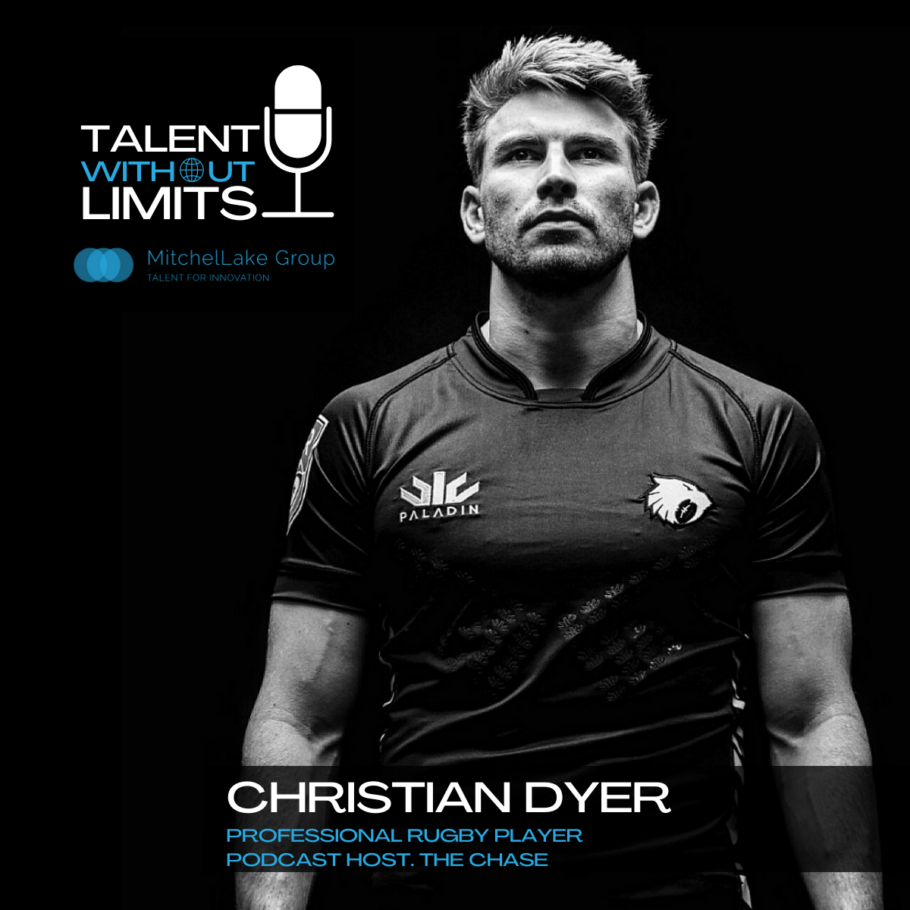500 Startups’ Vishal Harnal on leaving law, instincts and what makes a great founder Posted at 0:00, Tue, 8 November 2016 in Profiles
500 Startups is a global early-stage venture fund and seed accelerator founded by Dave McClure and Christine Tsai in 2010.
500 is the most active early-stage venture firm and have invested in a wide variety of technology startups all over the world, currently over 1,600 companies since their inception in 2010 including: Credit Karma, Grab, Twilio (NYSE: TWLO), Udemy, Ipsy, TalkDesk, Intercom, MakerBot (acquired by SSYS), Wildfire (acquired by GOOG), and Viki (acquired by Rakuten). The 500 team of 130 people manage seed investments in 50 countries.
Vishal Harnal leads and scales 500’s investments and operations across South-East Asia. He has put his previous life as a founder (and then as a lawyer) behind him to hunt for the region’s most talented, passionate founders and promising high-growth startups. In just two years, the South-East Asia focused 500 Durians fund has invested in over 119 companies including Grab, Carousell, Bukalapak, Nugit and 99.co.
Given our mutual interest and overlap in the startup ecosystem, I was keen to understand Vishal’s perspective on the local startup scene, what it was like working at 500 Startups and where he felt talent was most in demand….
Luke Partridge: Starting with you – what’s your background and what brought you to 500 Startups?
Vishal Harnal: Immediately before joining 500, almost 2 years ago, I was a lawyer for 5 years in one of the top firms in Asia (in disputes resolution). Although I found the work enjoyable and mentally stimulating, I realised that I was far more interested in what my clients were doing and how they were running their businesses than with legal firefighting. I had a multi-disciplinary mind and felt that law tickled only a small part of it.
I applied to business schools in the US and while waiting for the results, spent several weeks meeting as many different people across a range of industries and asked them questions that gave me insights into what they were doing with their lives: “What motivates them?; What made them happy?; What did they enjoy in their career?” Two of those individuals were Khailee Ng (500 StartUps) and Dave McClure. I knew nothing about VC/Angel Investing at that time. I was struck by their line of questioning and they seemed much more interested in what made me tick, my views on marriage/relationships, my own motivations, drivers and getting a sense of my ethics and values rather than my academic or career track record.
I thanked them and thought nothing more of it. A week later, I received an email with an employment contract saying, ”Stop what you are doing and come and join us!”
I was taken to them instantly, the company, what they were doing in this space and it appealed to me on a much more basic, human level…I quit my job the next day!
LP: So rather than opening the door to discover more about the VC market – you became laser-guided in wanting to join 500?
VH: Absolutely. To be honest I did not think I would have the opportunity to join anyone else. The VC market can be impenetrable at the highest levels, especially in the US and without the right school background, network who can endorse you in, it is very hard to break in.
LP: So 2 years into the journey – what are some of the consistent traits of the investment strategy that 500 applies in this region vs other parts of the globe?
VH: Very good question. In terms of the similarities – the biggest overlap is that we continue to invest on a portfolio theory. We make many small bets rather than fewer, concentrated bets and we do follow that philosophy in all regions. Rather than cutting $10m cheques into 1-2 companies, we will cut that into 100 companies. It’s difficult to foresee growth and predict trajectory – there are just too many variables and luck does play a large role. You can however lower the risk, acknowledging we are not savants gazing into a crystal ball and predicting definitive outcomes. We invest early and the potential returns are more in the (x3-x10 range) but there will be greater consistency.
We are also vertically agnostic – and whilst we will invest less in hardware than software due to the scalability factor the markets/industries are still very diverse. Internet technology has democratised the scaling process and growth marketing, viral, social, Google Adwords etc: can propel your business forward at a fraction of the cost.
LP: The term ‘Spray and Pray’ was been used, perhaps somewhat unfairly’ to describe your investment strategy – how much do you embrace/refute that definition?
VH: That phrase is a misleading simplification of our investment strategy because it suggests that we’re indiscriminate. Like Oprah’s big car giveaway for EVERYONE we just hand out cheques to anyone/everyone! We DO invest in lots of companies but we also DO see more companies than any other VC firm does so as such our selection rate remains extremely low.
For example to date in SEA, we have invested in 119 companies but would invest in about 1 in 10-15 of those companies so still only 10%. Our due diligence still requires as strong a level of thoroughness and analytical rigour in shortlisting…’spray and pray’ belittles that process.
LP: It’s a great headline grab…
VH: That’s right, but it is used with negative connotations. Any VC that says that they can always predict success is lying but for the simple reason that the metrics of the industry don’t bear that out. As the business matures you can predict with a higher likelihood of success due to the increased data points available – at the seed/early stage this is just not possible, but you can try to reduce the risk of making a bad investment.
LP: What excites you about the SEA market in terms of investment potential?
VH: Tackling this from a couple of perspectives – firstly from the people or entrepreneurs side, the quality of the Founders and those starting companies is improving tremendously.
LP: Is this specific to any country? Is there a greater depth of talent comparatively speaking across SEA?
VH: No, we see this across the region. That’s really exciting. It’s ushering in a new era…a renaissance of SEA startups. For such a long time, working as an entrepreneur/Founder was seen as something you would do if you could not get a proper job and was never associated with success or prestige in this part of the world.
This has definitely changed through a generational shift and role models now encompass entrepreneurs and not just those from entertainment or sports. People like Mark Zuckerberg and Elon Musk are creating these huge, innovative, world-shifting enterprises in a short time span and it suggests that anything is possible. It becomes cool to be part of the ecosystem and similar people can relate.
To reflect on this further, in the SEA region these aforementioned internet tech pioneers and leaders were initially still an ocean away in Silicon Valley and the Bay Area. But this is changing rapidly…Grab, GoJek, Carousell, 99.co, Garena all have local, regional homegrown champions emerging in SEA which other Founder/startup entrepreneurs can identify with and there is clear evidence that you can be successful HERE – more people want to be a part of this.
We still more and more talented people questioning ‘ what can I do with my life/idea?’…and now having the confidence to try something different and branch out themselves. Classic success breeding success!
LP: Especially given the timelines are much shorter and failing is not just seen as a fatal blow but more a rite of passage and expectation…
VH: Exactly – there is more recognition and admiration for those that try, fail and iterate to improve. Risk-taking and failure is slowly becoming destigmatized. Part of Silicon Valley’s success and growth is that failure IS embraced and part of being in the ecosystem is learning and iterating. ‘Celebrating’ this constant education journey prompts more people to do it.
LP: When it comes to your investment strategy what is the ‘Head vs Heart’ ratio that you apply?
VH: I struggle with this question sometimes. I wonder what ‘heart’ means. Being able to invest in a disciplined way for a broader portfolio approach is critical – if every decision was overly subjective you would end up with a chaotic portfolio. If we can quantify ‘heart’ across all the metrics that we use then it can and arguably should play a role. We all have a natural bias and preconceived notions as humans and based on our individual experience and having a gut feel as pattern recognition helps us see trends. But personally I need to objectify this natural affinity and if I can not put this down in writing then I am unlikely to invest.
At the end of the day, I invest in people. The entrepreneurs I back are people I believe will achieve remarkable things and am always grateful that they let me be a part of their story.
LP: So, much like when you were hired? There needs to be a healthy balance of instinct as well as commercial rigour?
VH: Exactly – emotionally I will know whether I like the Founder and business but why? It needs to be tangible and quantifiable. Charismatic leadership can be a powerful attribute in a Founder but there must also be substance.
LP: So, in terms of talent – where do you see the biggest gaps in SEA?
VH: From our perspective, finding quality technical talent is a major challenge. Not programmers and developers but CTO quality talent. Individuals of that calibre tend to gravitate to large tech companies like Google, Facebook and LinkedIn due to a combination of pay, security, brand prestige etc.
In additional to strong Technical leadership some of our larger portfolio companies have said they find it difficult to hire deputies that they can trust to head business units. Some of the best and most effective hires are poached from management consultancies, banks and more established technology firms. Companies absolutely need quality to fuel growth at a key time to help build and scale so the CTO, GM-type roles become fundamental to the level of success.
LP: What makes a great Founder?
VH: I love founders that are consumed by the problems that they’re trying to solve and have demonstrated through their history an ability to execute. Those founders have a passion and drive that is visibly infectious and tend to think at scale.
Great Founders do not let their ego get in the way of hiring people better than themselves. The better the people in key functions… the more headspace the founder has to focus on the business and…the better the outcomes for that business!
If you are seeking talent, advice or you are interested in startups, scale-ups and digital transformation in the Asian market (or elsewhere) then do not hesitate to reach out – we’re always open to a coffee and discussion as to how we can potentially help in this dynamic part of the world



